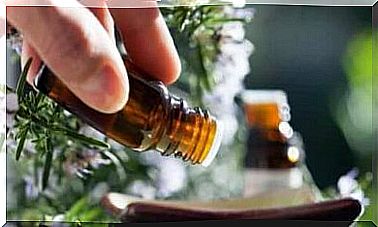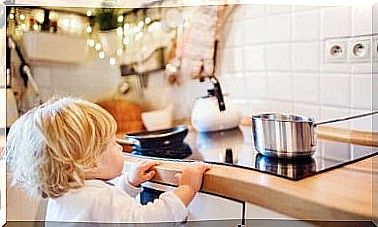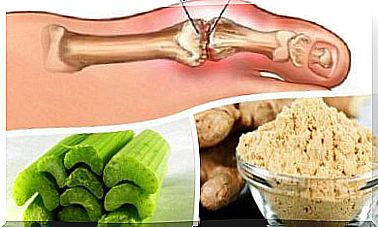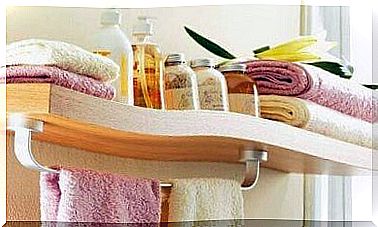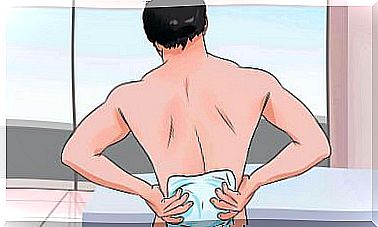Items Of Daily Use That Should Not Be Borrowed
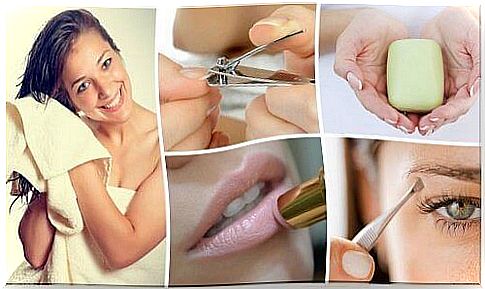
We are used to sharing what we have with our family and friends. We don’t see anything wrong with them reaching for our everyday items, right? It seems to us that it does not pose any risk, and therefore we do not see any obstacles for someone to borrow something from us.
It turns out, however, that in the subject of everyday objects , you should be especially careful. A lot of harmful microorganisms accumulate on their surface, which can cause infections.
There is a long list of items that should never be shared with others. However, many people are not aware of it, so it is worth paying some attention to this topic.
In today’s article, we’ll tell you about what everyday items should never be borrowed or used together, and explain why.
Be sure to read!
1. Objects of everyday use that should not be used together – bar of soap
A body soap bar is usually covered with dead skin cells and microbes in the epidermis. This can contribute to a variety of infections and diseases.
We do not know if the other person does not suffer from, for example, a fungal or viral infection or some other disease.
2. Towels
The towels are practically wet all the time – sometimes they do not dry out from one use to the next. This creates ideal conditions for the multiplication of fungi and microorganisms.
When it comes to hygiene, it is not only about avoiding borrowing towels, but also washing and disinfecting them thoroughly at least once every two weeks.
3. Deodorant
Stick or ball deodorants and antiperspirants should not be borrowed. They come into direct contact with the skin in the armpits, which causes bacteria to accumulate on them.
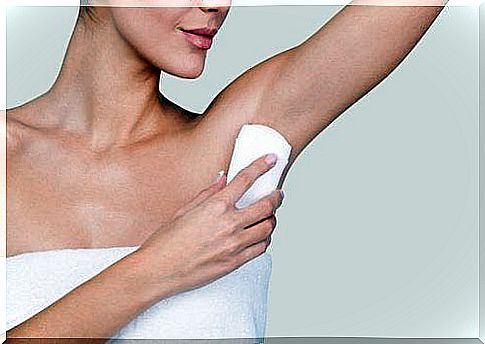
You can easily borrow antiperspirants in spray and all those that do not require contact with the skin.
4. Toothbrush
Some couples have the habit of sharing a toothbrush. The problem, however, is that it contains millions of microorganisms from our mouths. Brush bristles – especially when wet – are a breeding ground.
This is why it is essential to use your personal toothbrush without lending it to others. What’s more, it should be disinfected from time to time with vinegar or hydrogen peroxide.
5. Tweezers
Everyday items such as tweezers (also known as tweezers) should not be borrowed or used together. Tweezers are used to remove excess hair from the skin of our face.
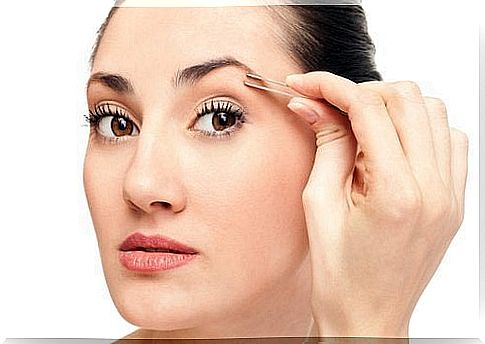
It requires regular cleaning and disinfection. Moreover, it should not be borrowed.
6. Lip balm
On our lipsticks, lip glosses and lip balms, there are small particles of dead skin of our lips, dirt and bacteria that can easily spread to larger surfaces.
What’s more, sharing the same lip balm increases your risk of developing cold sores.
7. A razor
A razor is designed to remove body hair and the dead cells that accumulate in certain areas of our body. They should not be borrowed. Why? Well, there are bacteria and fungi that can transmit skin infections.
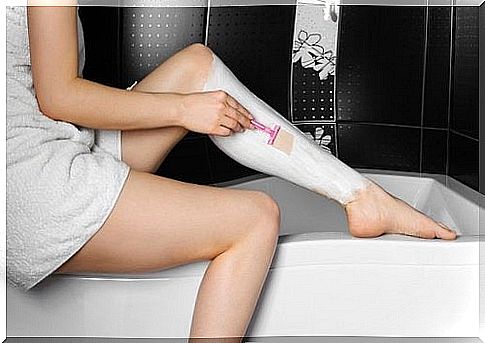
What’s more, if we get cut when shaving, we can catch a blood-borne disease.
8. Headphones
These devices are full of various microorganisms that are present in the earwax of our ears. Examples include staphylococci and streptococci. They cause infections and unpleasant complications that you definitely want to avoid.
9. Shoes
Shoes, especially closed ones, are a source of fungi and bacteria that cause infections of the skin of the feet and nails. If more than one person uses the same pair of shoes, the risk of this type of infection increases significantly.
10. Pumice stone in stone
Pumice stone is an item that is helpful in maintaining hygiene. By removing dead skin, it prevents the proliferation of harmful bacteria that feed on it.
Thanks to the regular use of a pumice stone, we soften the skin and effectively get rid of thickenings and corns. However, it turns out that if more people use one pumice stone at a time, the risk of fungal infection of the feet and other health complications increases.
11. Instruments for clipping nails
Although it is not visible to the naked eye, a lot of bacteria, fungi and viruses accumulate on our fingers and under the nails. They can cause unpleasant infections.
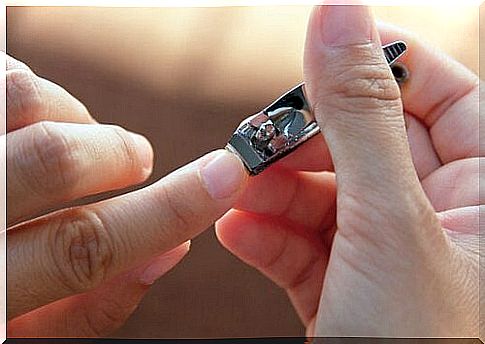
If you borrow everyday items related to nail care, you run the risk of fungal infections and warts.
12. Bath sponge
This useful and stress-relieving household item is most of the time wet or completely wet. This creates ideal conditions for the multiplication of fungi and bacteria. To avoid the risk of infection, it would be best if each family member had their own bath sponge.
13. Earrings
Different types of earrings borrowed from another person can become a source of infection. However, if you decide to borrow it, remember to disinfect it properly.
14. Bathing suit
As with underwear, a swimsuit is a type of clothing that should not be borrowed. It is still a form of underwear and therefore it is intended for use only by the owner.
Bacteria and microorganisms on the skin as well as natural body secretions are sources of possible infection.
15. Make-up cosmetics, brushes and eyeliners
All cosmetic products as well as their application utensils should not be borrowed or used together. This is because they come into direct contact with our skin.
If we decide to lend someone this type of everyday items, we run the risk of acne, fungal infection and various allergic reactions.
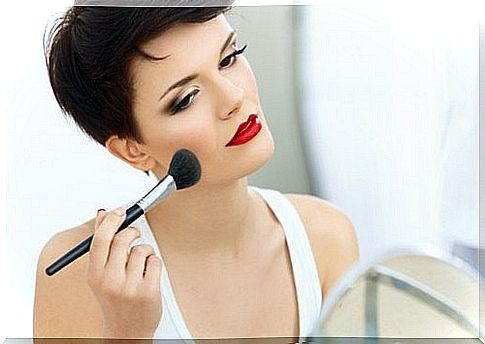
Do you ever lend someone the above-mentioned everyday items? Now that you know the contraindications, remember that these utensils are for personal use only.

